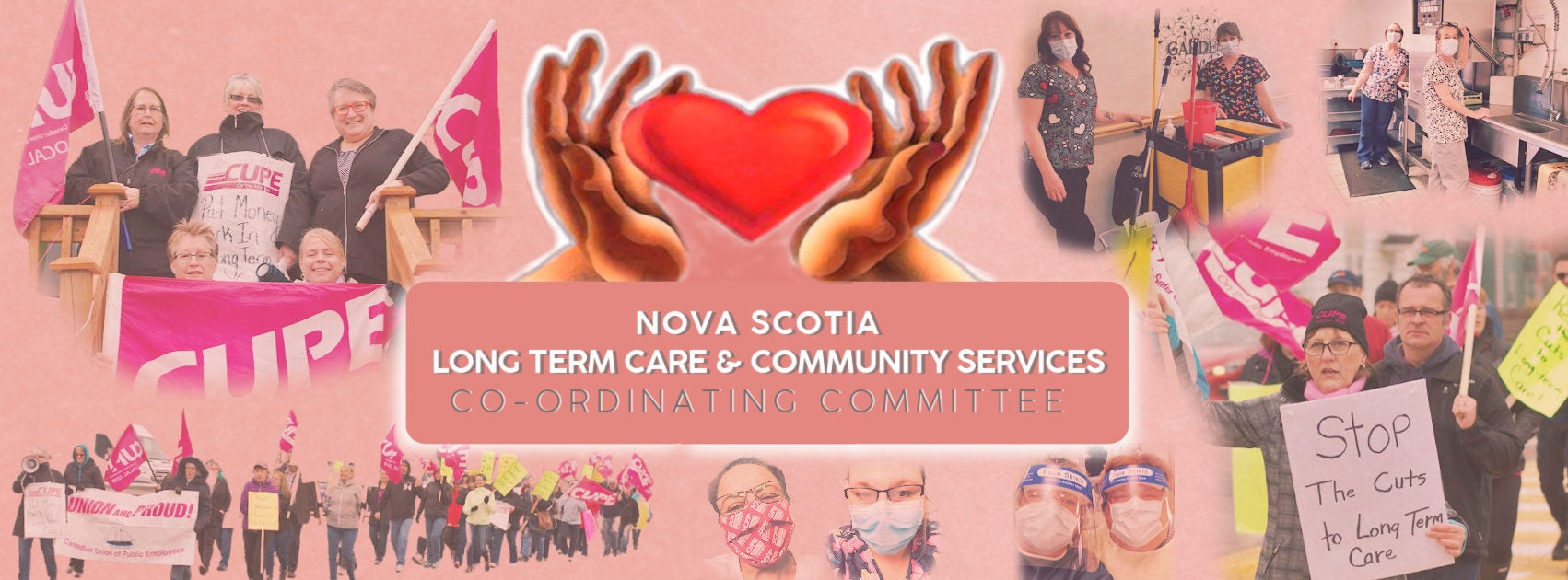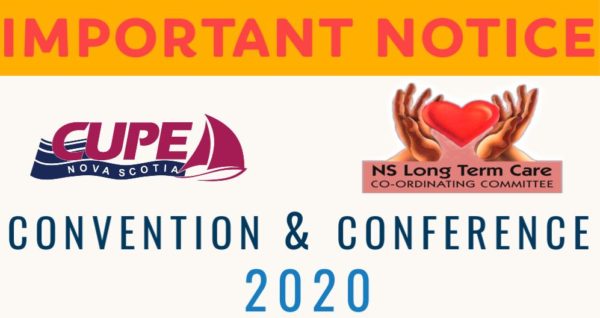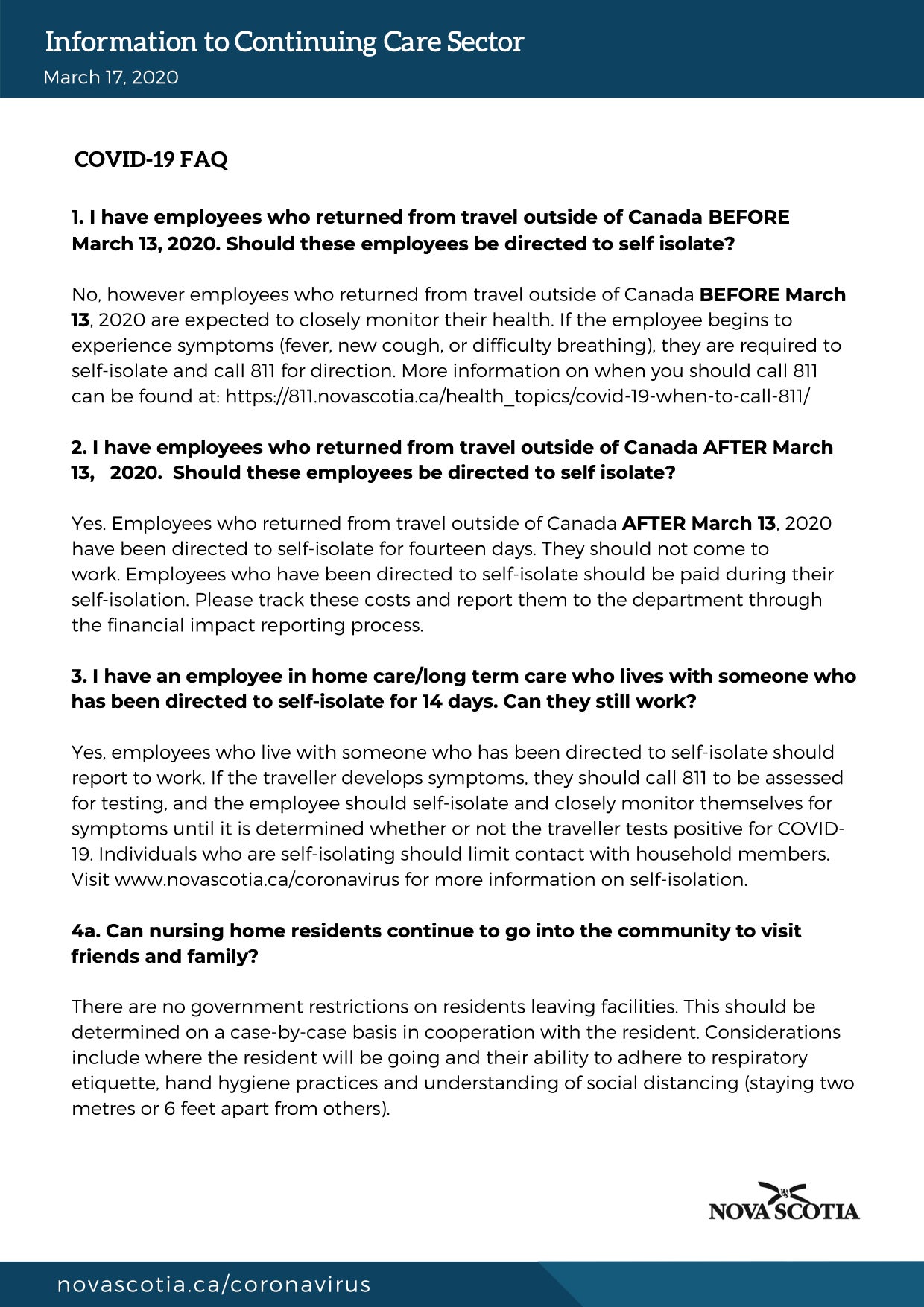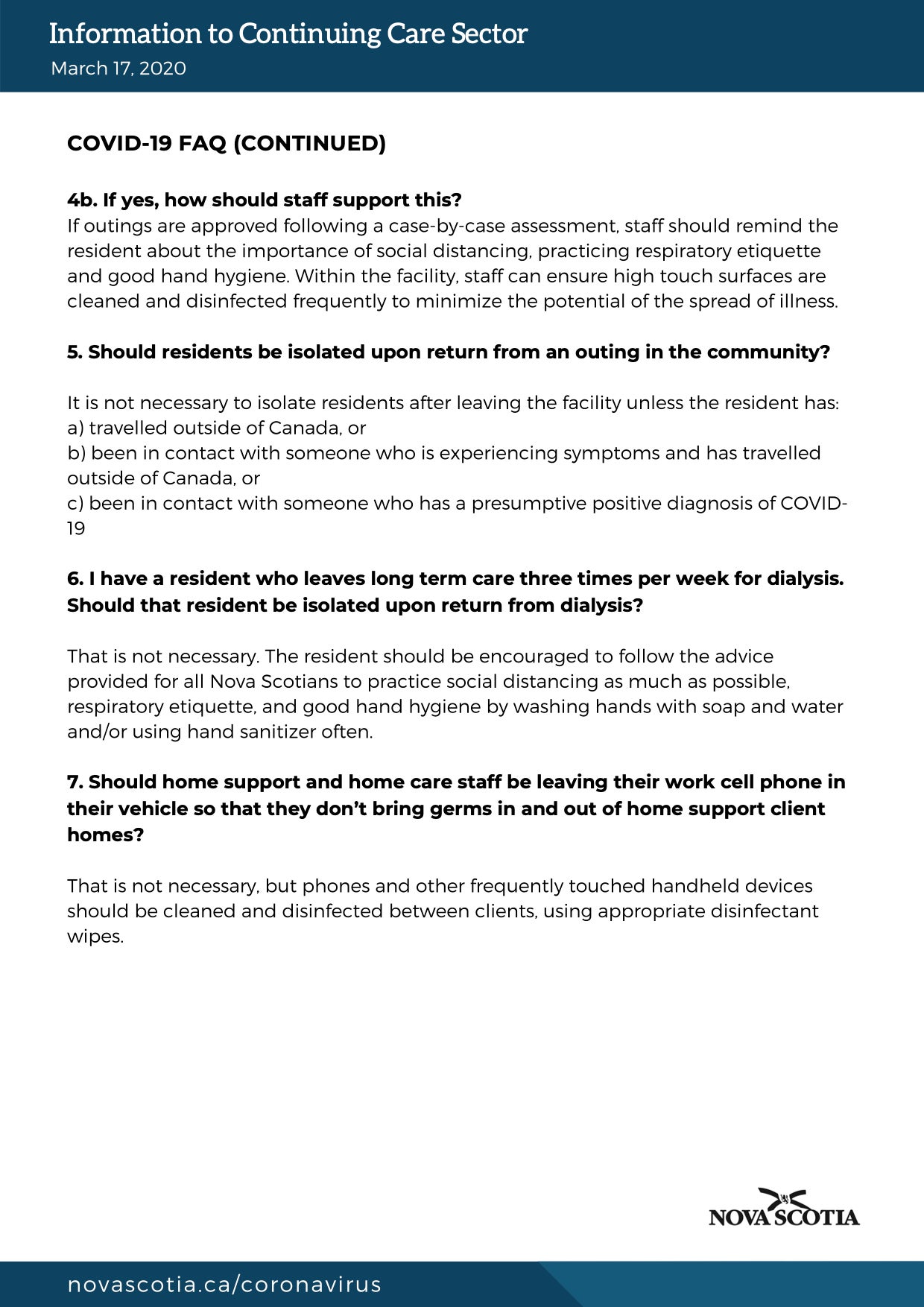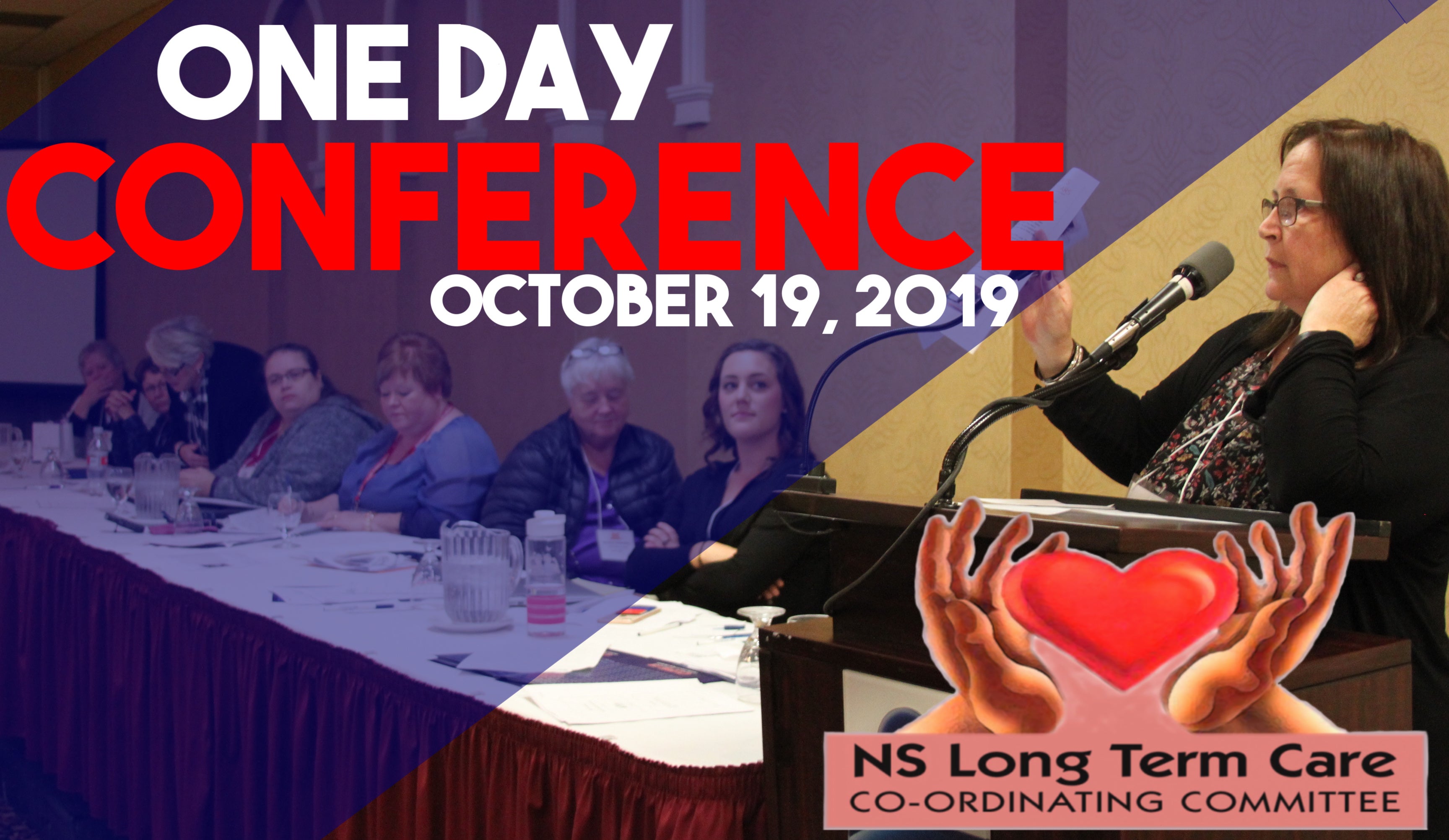Can I use my right to refuse for COVID-19?
Employees have a right to refuse unsafe work when there are reasonable grounds to believe that the work, tool, or equipment is dangerous to you or another person’s health and safety. Many situations could create a dangerous condition in your workplace and COVID-19 is no exception. For most workers, especially those in a health care workplace, the presence of a communicable disease isn’t automatically dangerous, as long as you have the training and appropriate resources, including personal protective equipment (PPE) to do the work safely.
When do I need to use Personal Protective Equipment?
Working with residents or patients who are suspected or confirmed cases of COVID-19 is hazardous work, and PPE is an important tool that allows your work to be performed safely. COVID-19 is spread through respiratory droplets so the PPE for those providing care would include a mask to cover your mouth, goggles or a face shield to cover your eyes, a gown to cover your clothing, and gloves to protect your hands. Lacking any of these resources would make the work more hazardous and could lead to a dangerous situation.
Read moreQ & A on Right to Refuse and Personal Protective Equipment
